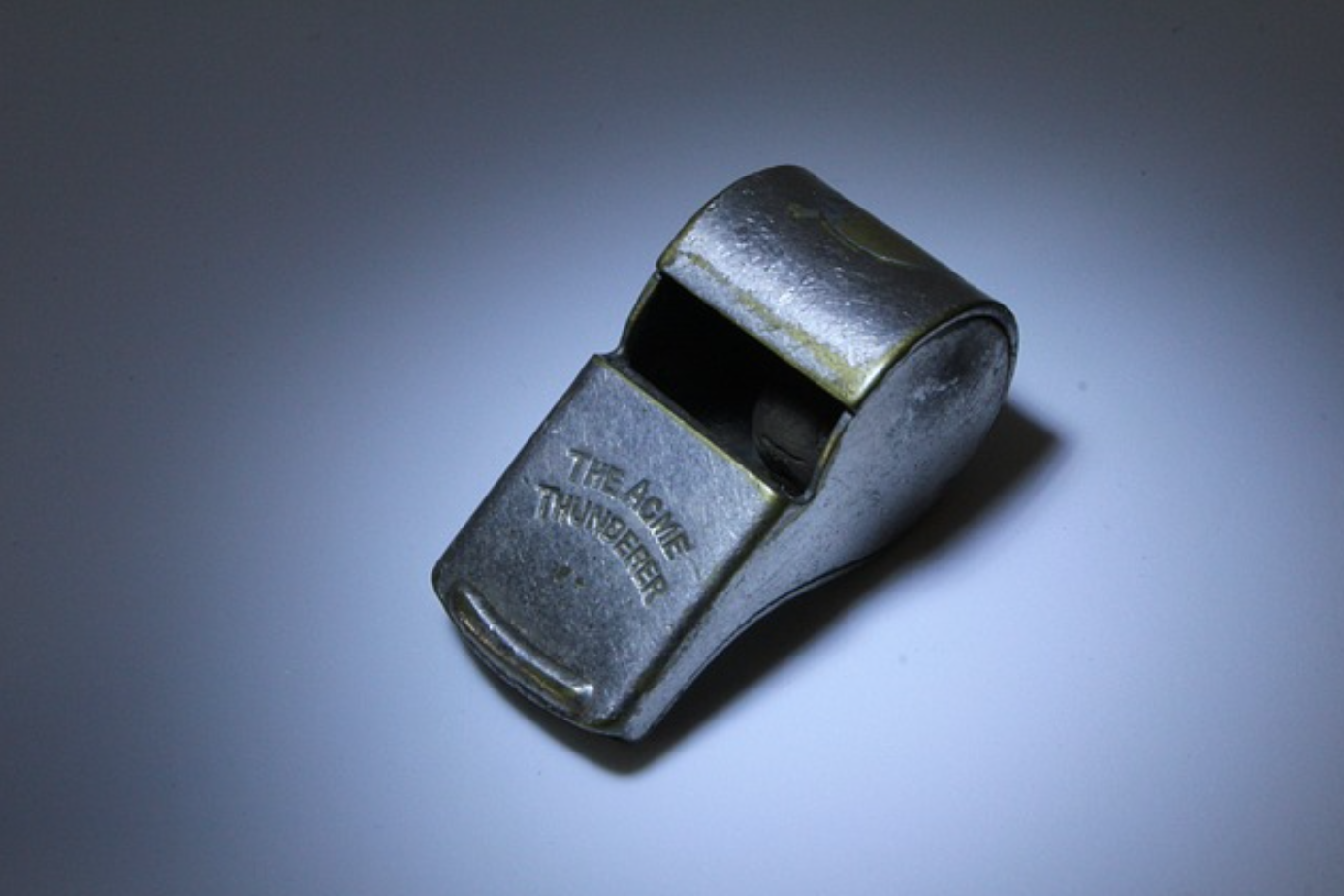Understanding everything about whistleblowing can help ensure a successful case.
While corruption and other wrongdoings are a significant problem that costs consumers, investors, and others a lot of money, you, as a whistleblower, can help stop the perpetrators while ensuring they’re held liable. When you speak up and bring the truth to light, you significantly contribute to the fight against unethical behavior, corruption, and fraud. It also prevents reputational damage and minimizes losses.
Since whistleblowing can risk your reputation, job, and physical well-being, being well-informed about the topic and its laws can be helpful. Discussed below are four things every whistleblower needs to know.
- Ensure you qualify as a whistleblower
Anyone, including employees, competitors, industry observers, subcontractors, and others, with specific, comprehensive information or proof regarding unethical or illegal practices can become a whistleblower and be eligible for protection against retaliation and compensation in some cases. If you believe the information you have is sufficient enough to warrant prosecution, it’s important to involve an extensively experienced attorney in matters concerning whistleblower cases before taking any action.
Reputable whistleblower lawyers like Oberheiden will help you make informed choices on the steps to take. If you have a valid whistleblower claim, they’ll ensure you get the maximum compensation and protections available.
- Understand whistleblower rights and protections
When you report an employer or a high-ranking officer/ manager, they might retaliate against you by firing you or taking other adverse actions like:
- Minimizing pay or hours
- Demoting
- Denying promotion or overtime
Under the Labor Department’s whistleblower protection laws, an employer can’t retaliate against you for participating in a protected activity or exercising your rights. Understanding these laws before reporting wrongdoing can help you find the best alternative to present your claim. Familiarize yourself with the various federal and state laws to know how they apply in your case, plus the protections they offer. This can help you determine the information to disclose, how to do it, and to whom.
Also, there are legal protections available for industry-specific whistleblowers. Since these regulations are complex, seeking a competent attorney’s advice can help you understand your whistleblower rights and protections better.
- You can remain an anonymous or confidential whistleblower
Staying anonymous means not revealing your identity even to the one you’re reporting to throughout the whole whistleblowing process. Alternatively, you can be a confidential informant, meaning the person you report to will discover your identity but won’t publicize it unnecessarily. While some whistleblowers’ identities are never revealed, others may be disclosed as required by a court of law or late in an investigation.
Filing whistleblower claims under laws that provide stringent confidentiality protection is an excellent way to ensure protected confidentiality. Being an anonymous or confidential whistleblower is the best option to safeguard yourself against retaliation. You can further protect your identity by not using government or company-owned devices to whistleblow. Disclosing a whistleblower’s confidential or anonymous identity can amount to obstruction of justice.
Whistleblower statute of limitations refers to the deadlines for filing your claim. The laws governing this topic differ by state and type of claim. In addition, the federal government has enacted more regulations with whistleblower provisions, each with its statutes of limitations. Failure to file your case within the required timelines robs you of the right to do so later. Your attorney can advise you on the best time to file your whistleblower case to ensure proper action is taken.
Endnote
Understanding everything about whistleblowing can help ensure a successful case. Learning things every whistleblower should know can be helpful.



Join the conversation!